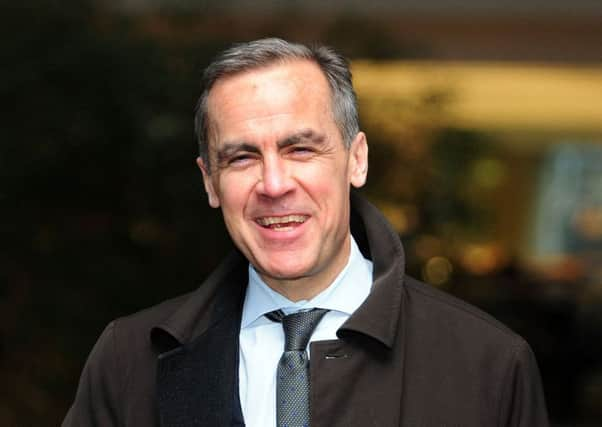Martin Flanagan: Rates unlikely to follow inflation's ascent
This article contains affiliate links. We may earn a small commission on items purchased through this article, but that does not affect our editorial judgement.


Prices jumped again to 2.7 per cent in April, up from 2.3 per cent in March, and now running at a three-and-a-half-year high. It looks entirely likely that the Bank of England will have lighted on one of its more accurate pieces of forecasting in saying last month that it expected inflation will peak at 3 per cent later in 2017.
Advertisement
Hide AdAdvertisement
Hide AdThe main tailwind behind inflation came from air fares, which jumped nearly 19 per cent month-on-month in April because of the later Easter. But there is also the continuing impact of higher import costs since the post-Brexit vote slump in sterling feeding through to higher prices in the high street. Food prices also continue to rise after a lengthy period of deflation.
The consumer prices index (CPI) is already above the Bank of England’s mid-term 2 per cent target, but it is highly unlikely governor Mark Carney and his confreres will respond with a compensatory upwards moves in interest rates. The wider economic and political headwinds probably still outweigh strict technical inflation data when looking at monetary policy.
Consumer spending has largely been the bedrock of the UK’s economic resilience since the financial crash, never mind last year’s EU referendum outcome.
Average earnings growth running at about 2 per cent tops is being clearly outstripped by price rises, putting household spending under pressure as we move through 2017. It seems virtually inconceivable that the Bank would aggravate that pressure on the main motor of a slowing economy with a rate rise.
• READ MORE: UK economy slowdown worse than feared as sales fall
It is not that things remain fascinatingly poised. If anything, we are just likely to see more of the incremental same as the year progresses before inflation starts coming down as we move into 2018.
Advertisement
Hide AdAdvertisement
Hide AdFor rate rises to happen, we probably need to see Brexit negotiations to be positive, wage growth speeding up and productivity improving. Those are not quite heroic assumptions, but neither would you want to hold your breath on even two of the three of them happening any time soon.
The phrase du jour is that the Bank will “look through” the upturn in inflation to the deeper issues. More pejoratively, it might be called temporarily turning a blind eye to rising prices in the wider good.